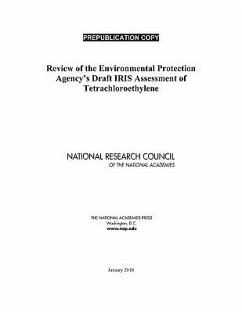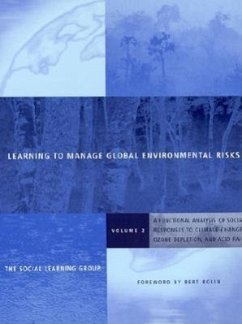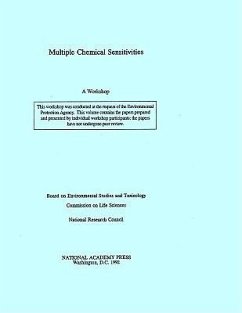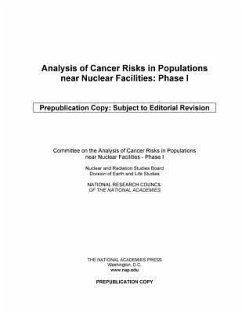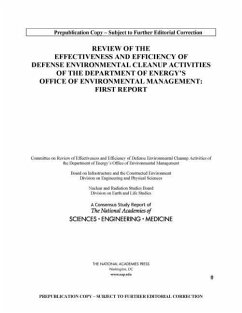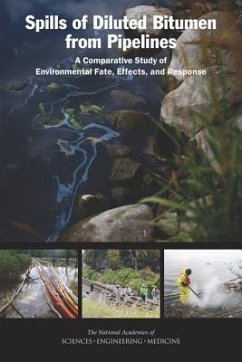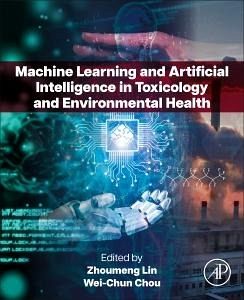
Machine Learning and Artificial Intelligence in Toxicology and Environmental Health

PAYBACK Punkte
90 °P sammeln!
Machine Learning and Artificial Intelligence in Toxicology and Environmental Health introduces the fundamental concepts and principles of machine learning and AI, providing clear explanations on applying these methods to toxicology and environmental health. The book delves into predictions of chemical ADMET properties, development of PBPK and QSAR models, toxicogenomic analysis, and the evaluation of high-throughput in vitro assays. It aims to guide readers in adapting machine learning and AI techniques to various research problems within these fields. Additionally, the text explores ecotoxico...
Machine Learning and Artificial Intelligence in Toxicology and Environmental Health introduces the fundamental concepts and principles of machine learning and AI, providing clear explanations on applying these methods to toxicology and environmental health. The book delves into predictions of chemical ADMET properties, development of PBPK and QSAR models, toxicogenomic analysis, and the evaluation of high-throughput in vitro assays. It aims to guide readers in adapting machine learning and AI techniques to various research problems within these fields. Additionally, the text explores ecotoxicology assessment, impacts of air pollution, climate change, food safety, and chemical risk assessment. It includes case studies, hands-on computer exercises, and example codes, making it a comprehensive resource for researchers, academics, students, and industry professionals. The book highlights how AI can enhance risk assessment, predict environmental hazards, and speed up the identification of harmful substances.





